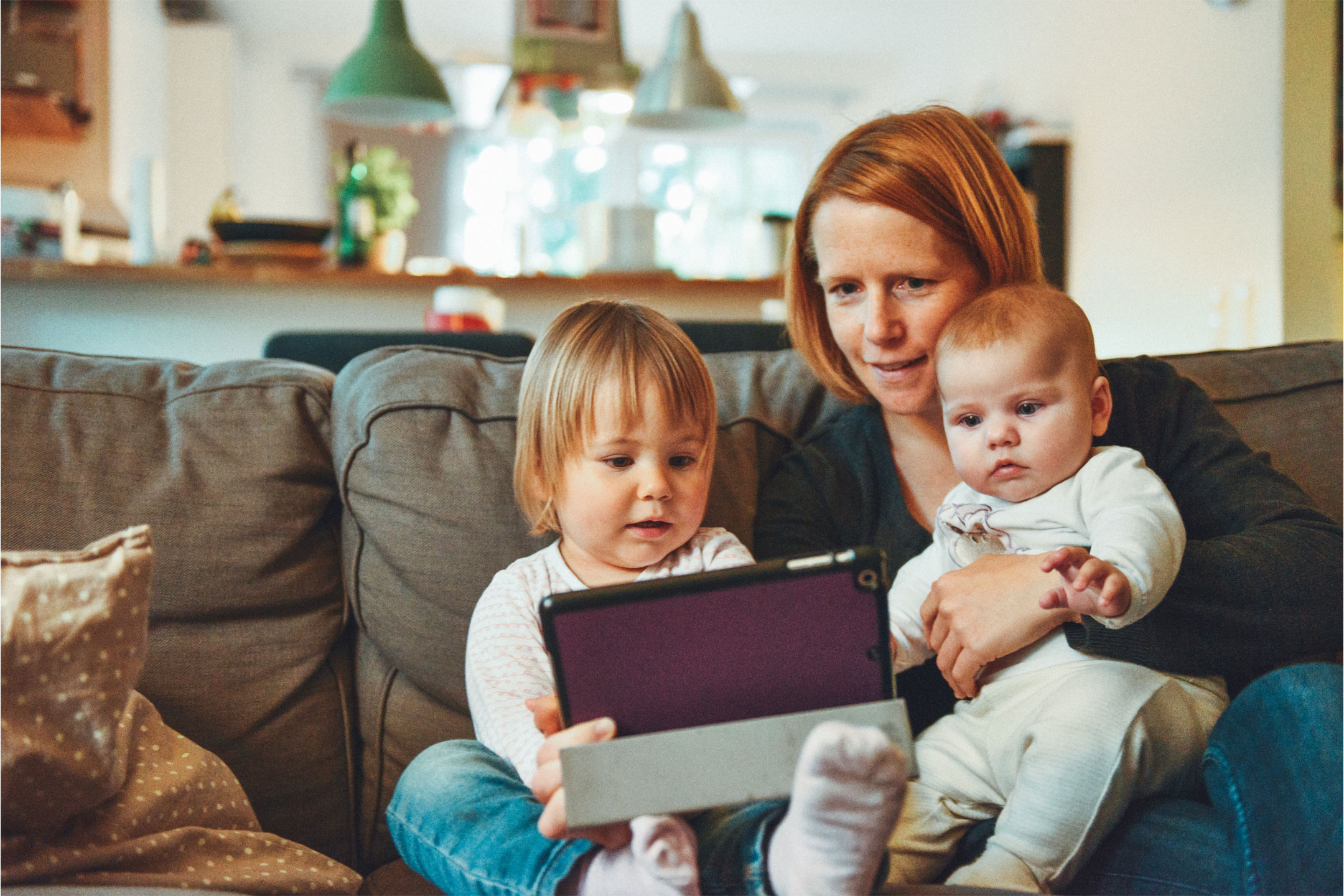
14 Mar Why we decided not to share our son on Social Media
One incident served as a stark reminder to Victoria Baker of the risks associated with innocently sharing children’s information online.
In a digital age where sharing every moment seems like second nature, my husband and I have made a conscious decision to protect our child’s privacy by refraining from sharing his pictures or details online. Our choice may seem unconventional in a world where social media dominates, but it’s rooted in a deep concern for our son’s safety and well-being.
Before welcoming our son into the world, we began actively reducing our digital footprint. The rise of online scams and the alarming ease with which personal information can be exploited were troubling trends we couldn’t ignore. However, it was a chilling news article that truly solidified my resolve.
The accused, Kelly Garrett Ivey, had met a family in Atlanta through their local church and allegedly obtained photos of the girl from the family’s private Facebook account. He then attempted to sell information about her, including her home address and places she frequented, with the intention of her being abducted, assaulted, or otherwise harmed. Fortunately, law enforcement intervened, and Ivey was arrested and indicted on charges including cruelty to children, trafficking of persons for sexual servitude, and criminal attempt to commit a felony. The incident served as a stark reminder of the risks associated with innocently sharing children’s information online.
There has been increasing discussion around ‘sharenting,’ a term used to describe parents’ sharing—or more often, oversharing—information about their children online. While many parents find a sense of community and validation in sharing their children’s milestones, the line between private sharing and public oversharing is increasingly blurred, especially among influencers whose massive platforms amplify the risks.
Researchers and safety advocates are raising alarms about how such levels of sharing can strip children of their agency, exposing them to potential predators and creating an unconsented online life story.
With the eSafety Commissioner emphasising the importance of safeguarding children’s digital identities, it becomes clear that personal information shared innocently could easily fall into the wrong hands, with devastating consequences. Instead, we choose to engage with our loved ones in more intimate ways, cherishing the moments shared in person or through private channels.
For those who wish to learn more about safeguarding their children’s digital identity, we encourage you to visit this link. It offers valuable resources and guidance on navigating the complex landscape of online safety. Together, let’s empower our children to thrive in a digital world while keeping their well-being at the forefront of our minds.
You can help your child to stay in control of their personal information, online photos and social media identity.
More Information:


